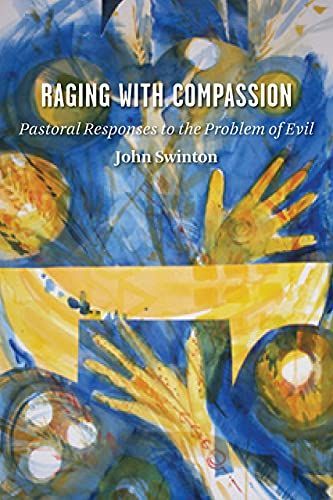
Raging with Compassion Pastoral Responses to the Problem of Evil
This book has focused on the dialectic between state construction and the political process in Pakistan in the first decade of its independence. Using Dependency Paradigm as the evaluation tool, it examines the international political and economic factors, which in alliance with the domestic and regional factors shaped the structure of the Pakistani state according to the interests of the players of the neo-colonial world in the Cold War era. The first decade of Pakistan's history (1947-1958) produced developments of great significance for the construction of the post-colonial state that needs to be examined in the context of Cold War era. It was during this period that democratic institutions were destroyed and authoritarianism was consolidated, which generated underdevelopment, and Pakistan took the shape of a 'client' state of the United States. These developments concluded in the first direct military rule in 1958, and since then the military intervention in political domain has become a permanent feature of Pakistan's life at the cost of evolution of civil society and participatory institutions. An analytical study of the formative years of Pakistan in the context of 'dependency paradigm' may provide new insights for understanding the broader issues of military intervention in politics and the authoritarian nature of the state and its links with underdevelopment in the Third World, particularly in South Asia.